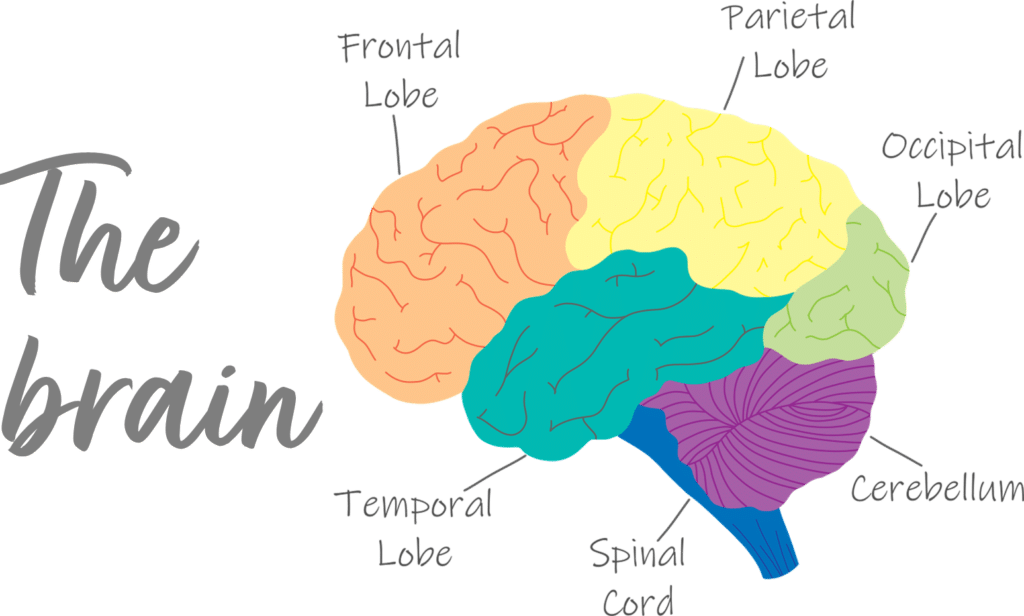Functional disorders of the nervous system refer to conditions in which there is a disruption in the normal functioning of the nervous system without any underlying structural or organic pathology. These disorders are characterized by abnormalities in the way the nervous system functions rather than by damage to nerves or brain tissue. Functional disorders of the nervous system can manifest in various ways, including sensory disturbances, motor dysfunction, cognitive impairments, and autonomic dysregulation.
One common functional disorder of the nervous system is functional neurological disorder (FND), previously known as conversion disorder. FND involves neurological symptoms that cannot be explained by a neurological disease or other medical condition. These symptoms may include weakness or paralysis, tremors, sensory disturbances (such as numbness or tingling), seizures or convulsions, and abnormal movements. The symptoms of FND are often inconsistent, fluctuating, and may not follow typical neurological patterns. Psychological factors, such as stress, trauma, or emotional distress, are thought to play a significant role in the development and exacerbation of FND.
Another example of a functional disorder of the nervous system is psychogenic movement disorders (PMD), which involve abnormal movements that are not attributable to a known neurological condition. These movements may include tremors, jerks, or dystonia (involuntary muscle contractions). Like FND, psychogenic movement disorders are believed to be influenced by psychological factors and may be triggered or exacerbated by stress, trauma, or other emotional disturbances.
Functional disorders of the nervous system can also encompass conditions such as somatic symptom disorder (SSD), which involves excessive preoccupation with physical symptoms and health concerns that are disproportionate to any underlying medical condition. Individuals with SSD may experience a range of physical symptoms, including pain, fatigue, gastrointestinal distress, and neurological symptoms, which significantly impact their daily functioning and quality of life.
Diagnosing functional disorders of the nervous system can be challenging and often requires a thorough evaluation by a multidisciplinary team, including neurologists, psychiatrists, and other healthcare professionals. Diagnostic criteria typically include the absence of identifiable neurological or medical causes for the symptoms, along with evidence of psychological factors contributing to the presentation.
Treatment for functional disorders of the nervous system often involves a multidisciplinary approach that addresses both the physical and psychological aspects of the condition. This may include psychotherapy, cognitive-behavioral therapy (CBT), stress management techniques, and medication for managing symptoms such as anxiety or depression. Physical therapy, occupational therapy, and other rehabilitative interventions may also be beneficial in improving function and reducing disability.
Educating patients and their families about the nature of functional disorders of the nervous system and providing ongoing support and reassurance are essential components of treatment. With appropriate management and support, many individuals with functional disorders of the nervous system can experience significant improvements in their symptoms and quality of life over time. However, it’s essential to recognize that these conditions can be chronic and may require long-term management and support.









